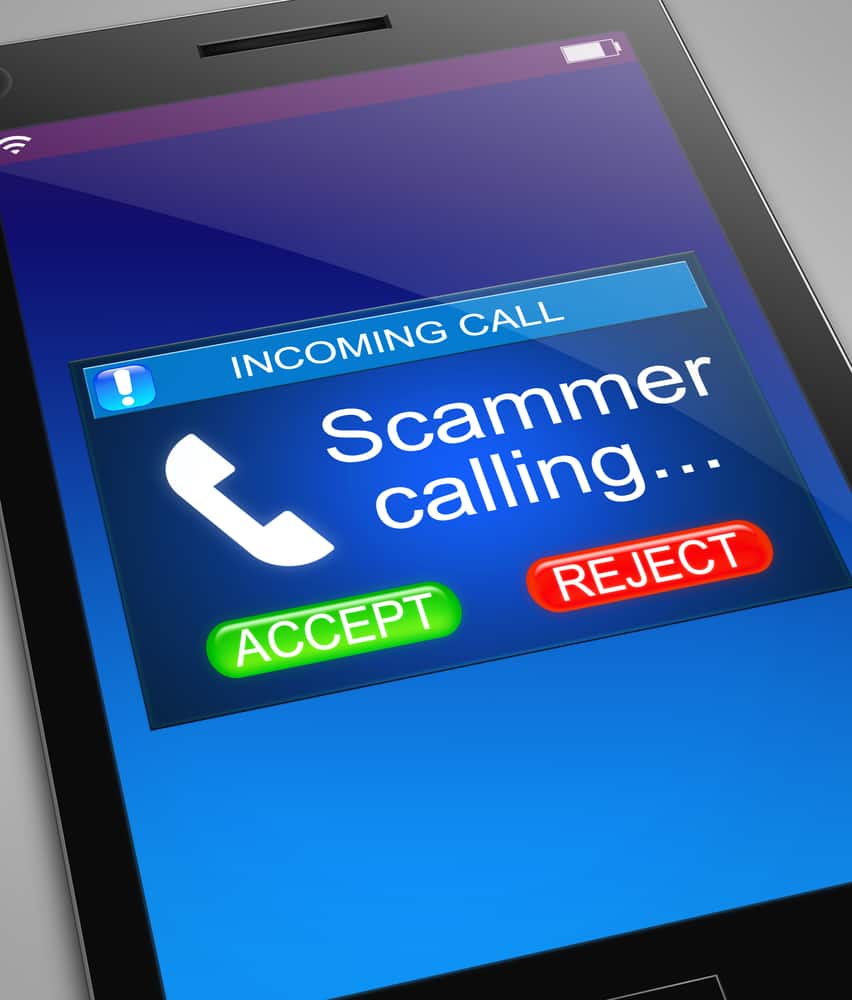It’s the most wonderful time of the year – for scammers and fraudsters. Each year, thousands of people fall victim to scams that cost them thier hard-earned money or their personal identities. They work by phone, by email and online.
Here’s how to avoid fraud and scams this holiday season.
Check Email Addresses Carefully
It’s common to receive email alerts for discounts, promotions and gifts. While most of these messages will be from trusted retailers, you may receive some that look legitimate but are the work of fraudsters.
Scammers may create look-alike websites and email message designed to trick you into giving up your personal information or download something that injects malware into your computer.
To protect yourself:
- Look for misspellings in the email message.
- Review the sender’s email address.
- Only provide sensitive information if the website is secure, which is indicated by an “https” before the website address. The “s” indicates that the website is encrypted.
As an extra precautionary measure, you may just want to go to the website manually instead of clicking on links in your email messages.
Don’t Fall for Persuasive Statements
Scammers will use persuasive statements to get their potential victims to act quickly on what may seem like the deal of a lifetime.
One of the most popular scams is the “We Have a Hot Tip for You” scheme. Fraudsters will tell you that they have an exclusive deal or a hot tip just for you. As tempting and exciting as it may sound, it’s important to remember that there are no hot deals meant only for a select group of people (which happens to include you).
Other scammers may bait their victims by telling them that they made the same investment or that they spoke with you last year about the opportunity (a common tactic used to target the elderly with memory problems).
Be on the Lookout for Fake Shipping Notifications
Most people will do a fair amount of shopping online during the holiday season, which means that they will receive shipping notifications in their inbox.
But some of these notification emails may actually be phishing scams. These fake notification messages may use a real business name and logo to trick you into opening it and gaining access to your personal information.
To avoid becoming a victim of this scam, remember that:
- Legitimate online retailers will provide you with a tracking number that can be used to identify the delivery company and verify where your items are.
- Delivery services do not require your personal information in order to deliver your packages.
- You never have to pay money to receive your package. You already paid for shipping when you made your purchase.
Limit Your Information on Social Media Sites
Social network users are prime targets for scammers and fraudsters. Limit the amount of personal information that you put on social platforms, and don’t trust new friend requests you receive.
Scammers may send email requests from “friends” who are travelling and need money wired to them for “medical emergencies.” Deceptive friend requests may trick you into clicking a link that will download malicious software that steals your personal information.



